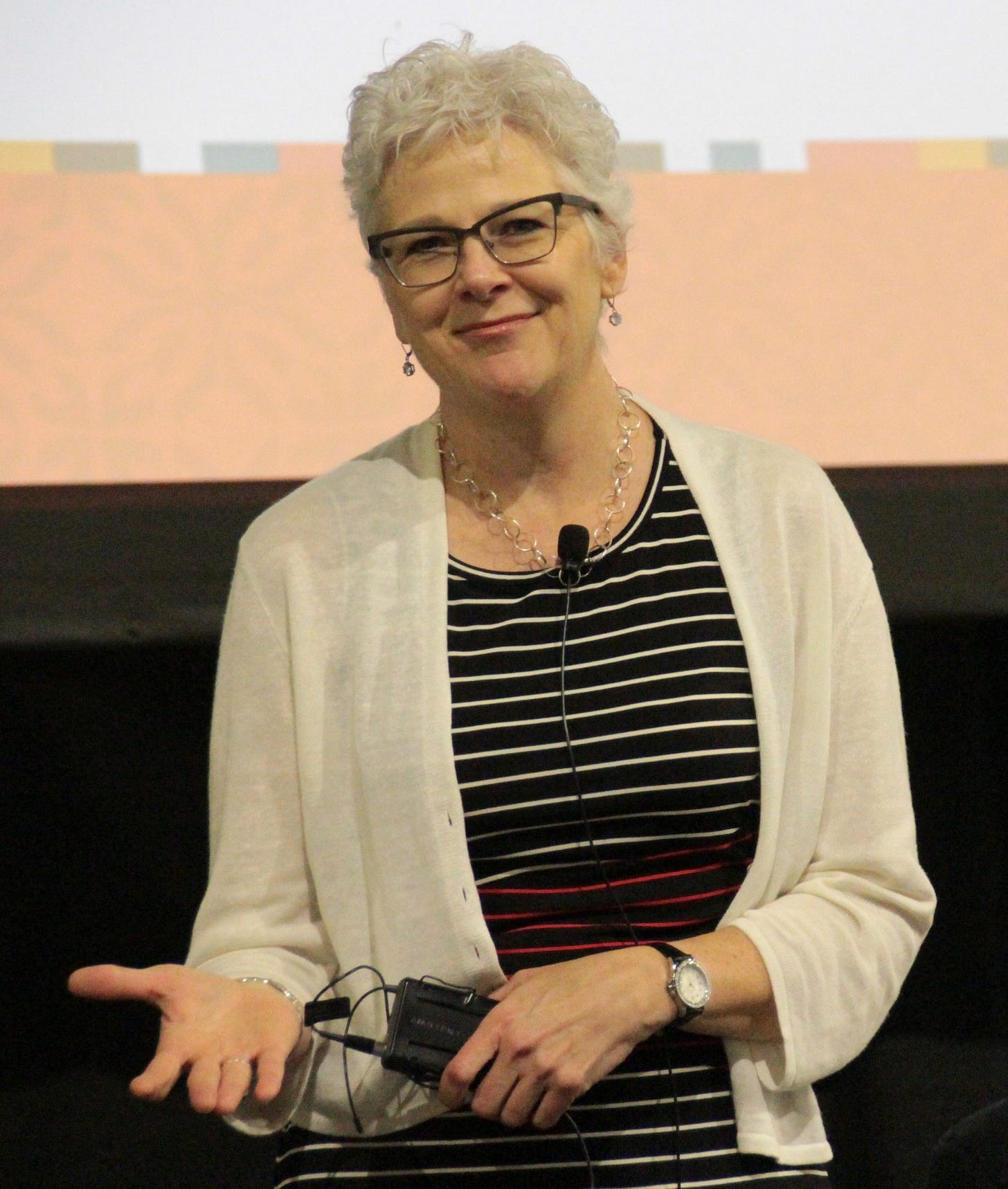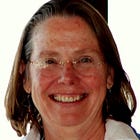I remember where we were—a semi-rustic retreat center located in a picturesque community nestled in the southern Appalachians within the Nantahala National Forest. A breathtakingly beautiful place.
I don’t remember why we were there though. I went there several times a year as part of my job, so it must have been for some type of meeting.
I do remember that Terasa and I were at the fire tower, which, if you climb in the daytime, rewards you with a magnificent view of the mountains and forests surrounding the center, and at night, a view of stars and planets that can astonish.
I also remember that we were sitting underneath the tower. It was dark and rainy. The chill in the air stung deep in my bones. But I appreciated having time with Terasa, so I didn’t complain. We held glasses, which might have been paper cups, of wine.
Terasa served as director of the department I worked in and had been my supervisor for a couple of years and a mentor for longer. A strong, competent leader, Terasa taught me many things over the years, including how to facilitate conflict transformation in organizations and the art of asking big questions, i.e., questions that are open-ended, clear, and impactful. Both skillsets enhanced my effectiveness at my job.
When she began her pitch that night, I knew to pay attention. “I would like you to consider the regional lead position,” she said.
“I’m already serving as regional lead,” I countered.
“That’s temporary. I’m talking about applying for the permanent position,” Terasa asserted.
“Hmmm,” I paused, looking down into my wine. “I don’t know.” I responded—my lack of enthusiasm all too evident.
“But you’re the best person to take this on. I hope you’ll consider it,” Terasa said, as she took another sip. I appreciated the way she pressed without pushing—determined but still allowing me space.
“You know they’ll challenge me,” I said. By “they” I was referring to my colleagues, the people who would be working for me if I took this position. In my temporary role, my authority was limited. This would change as the new position rolled out.
“You’ll win them over,” she said. I wasn’t convinced.
The previous year, we had spent time in a staff retreat where we discovered that every last one of my colleagues was a first-born child in their families. I was the baby in mine. That explained why I had struggled to earn their trust. Anyone who knows anything about family systems theory knows that positional order within a family is not an easy thing to overcome. I wasn’t convinced it was possible.
I went on to explain to Terasa that my focus, which for the previous six years had been almost solely on my job, had changed. I had fallen in love, moved to Richmond, recently married, and enrolled in an MFA program in creative writing. She knew all that. Maybe they were all excuses. Maybe I just didn’t want to work that hard. Maybe I was afraid. Maybe…
I don’t think it was on that moonless rainy night under the fire tower, but at some point, I thanked Terasa for considering me, but told her I didn’t want to pursue the position.
Saying “no” is harder than it should be. As the baby in my family and as a woman, I was raised to say “yes,” even if I didn’t want to, even if I knew whatever I was being asked to do would overwhelm me, even if I thought I would fail. I rarely said “no.”
Still, I mustered up my courage and said “no” to Terasa. I didn’t know how she’d receive my answer, but I trusted her and believed she would take it as well as she could. She didn’t disappoint.
She eventually chose someone else for the job and not long after, I accepted a different position. The best part, though, was that I didn’t lose Terasa in the process. Her interactions with me didn’t change—she was still as giving of her time and expertise as always--even though she would occasionally rib me for turning her down.
Accepting my no meant more to me than she could know. It gave me confidence to say “no” more freely (with gratitude for the request), and at the same time, to accept no from others with the same grace Terasa afforded me. Although I still need to work on both saying and accepting no, it’s a lesson that has served me well in the years since that cold and rainy night under the fire tower.
Next post:




